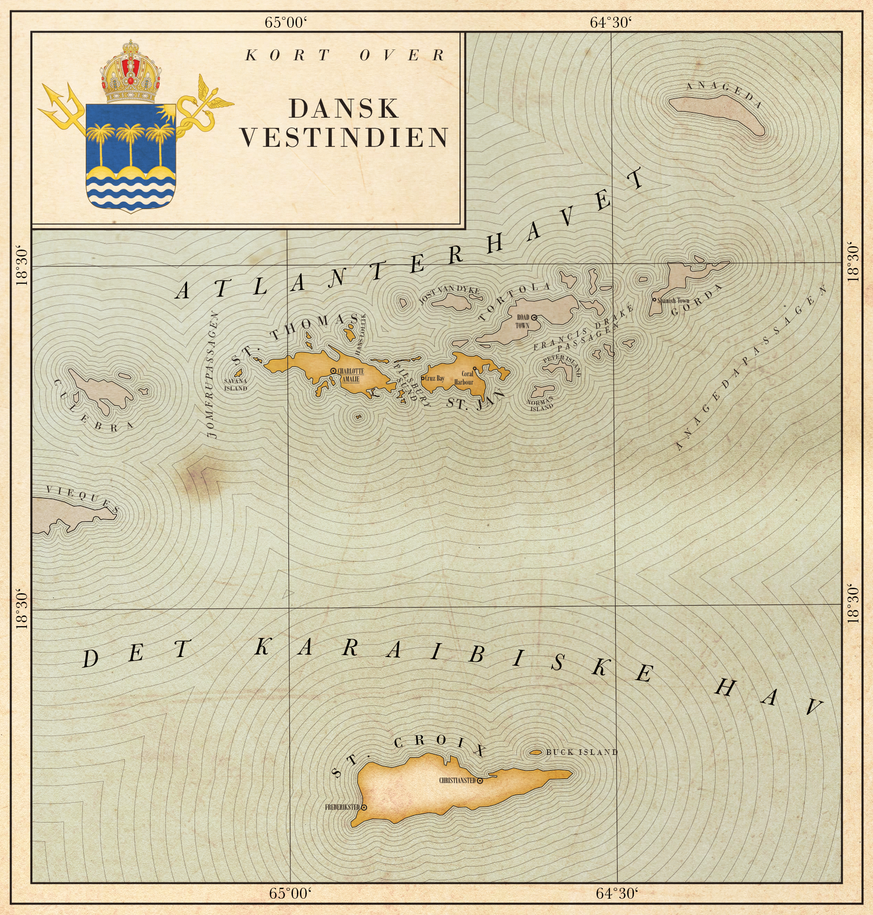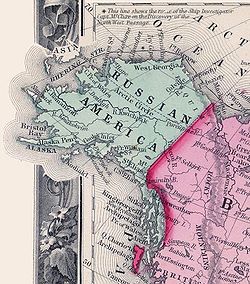Chapter One Hundred and Fifty One
Eyes Raised To The Horizon
From “The Rivals – Lincoln and his Cabinet” by Amelia Doggett
Grosvenor 2008
"Seward was firmly in the conservative republican camp. There were still a few who believed he was the puppet master behind Lincoln’s presidency however they were but the embittered remnant of the many who had believed that at the outset of the war. Seward, still very close to the President at the outset of his second term, was a bulwark for the President’s own conservative republican views…"
From "Seward's Follies - A Re-examination of the policies of Secretary William Seward" by Dr. John Hobson
Harvard 2012
"It was noticeable from early 1866 that Seward was increasingly relegated to his foreign affairs brief. His conservatism was too strong and it was painfully clear that he had lost his formally sure touch for both the feelings of Congress and the public. Indeed his muted opposition to the renewed mandate for the Freedmen’s Bureau put him at odds with the President…
Congress frequently viewed Seward’s policy initiatives as a means of distracting the army from its on-going duty to ensure “
the permanent pacification of the southern states” (Wade) and his proposed expenditure was often targeted by radicals who opposed his conservative domestic views, particular Secretary Chase (on the subject of Russian America as it then was) and William Fessenden (on the less controversial Caribbean Treaties)…"
From "The Mexican Adventure through American Eyes" by David Hofstedder
LUS 1996
"Mexico was like “
a stone in my boot” Seward would observe. It was a constant irritation for a variety of reasons and one Seward could do little about. The military commitment to the garrisoning of the South combined with gradual demobilization meant that while Seward continued to make grand proclamations about the inviolability of the Monroe Doctrine he had not the tools to enforce it. The President too was lukewarm about taking action against either the French or the Imperials in Mexico at first because it served as a useful dumping ground for proscribed rebels. Later, when Napoleon III declared that French objectives had been met with the establishment of the Mexican Crown and the grant of key financial concessions, the drawing down of French troops from all of Mexico save the Tampico “trading and naval” concession largely removed the primary cause of American objections…
The position would have remained difficult for the American government were it not for the death of Benito Juarez, whom the US government had recognized as the legitimate president of Mexico. His death allowed the US government to increasingly turn a blind eye to Mexican domestic politics, particularly after Maximillian announced elections for a new Chamber of Deputies would take place in 1869. There was also of course the hugely distracting American military adventure much further afield which was infinitely more interesting to the American public…"
From “The Rivals – Lincoln and his Cabinet” by Amelia Doggett
Grosvenor 2008
"Seward was an ardent expansionist, though many had been confused by his former opposition in the Senate to the Gadsden Purchase from Mexico as well as the half-hearted attempts to purchase Cuba. His opposition to those measures was based solely on his opposition to the expansion of slavery and not to any opposition to expansion of the nation itself…
Seward, along with Secretary Welles, had been of the view that the activities of the Union Navy, particularly in the Caribbean and Mid-Atlantic, had been hampered due to the lack of overseas naval bases. There was also a reasonable argument (in that at least Secretary Chase could see a financial benefit) in the potential purchase of overseas territory in the Caribbean…
On that basis Seward made overtures to the Danish government for the purchase of the Danish West Indies. Upon President Lincoln's recovery it was felt that Secretary Seward's absence for a time would lower tensions within cabinet. Seward availed himself of the opportunity, provided by Welles, to carry out something of an inspection tour of the Caribbean onboard a US naval warship...
Among his ports of call was the port of St. Thomas in the Danish West Indies. Here Seward could naught but notice the large, well appointed harbor. Another stop on his itinerary was at Samana Bay in the Dominican Republic. Here Seward did more than look. He opened formal talks with the Republic's government for some interest in the bay...
When Congress reconvened in December 1866 Seward, working surprisingly close with Thaddeus Stevens, sought an appropriation for more money to expedite the purchase of Samana. Seward's emissary for the task of concluding the negotiations he had begun was his son Frederick. The treaty negotiations with the Dominican Republic were a success only when young Seward negotiated a 199 year lease of the Bay rather than an outright purchase...
Finally the Senate, in the dying days of Lincoln's Second Term ratified the treaty with Denmark for the purchase of its Caribbean possessions. Seward's legacy in the Caribbean owed as much to Stevens' congressional legerdemain as to his own powers of persuasion..."
From "Edwardia - The History of Canada's Last Province" by Colonel David Pole-Carew
Strathcona House Press 1981
"United States Secretary of State, William H. Seward, had been an enthusiast for the whaling trade as a senator. That interest had led him to an unusual knowledge of Russian America. He had as early as 1860 rather grandiosely predicted in a speech to the Republican Party convention that Russian America would one day fall into the hands of the United States. For a man alone in the American government when it came to such enthusiasms he was remarkably determined...
A sale of the Russian colony was rumoured as early as 1864. Seward was one of the first to hear of it and pressed the Russian ambassador to the United States, Baron Eduard de Stoeckl, to name a price. De Stoeckl indeed was advocating a sale even in 1866, fearing that the colony would inevitably fall into the hands of the Americans or the British at some point in the future without the need to remunerate the Tsar. De Stoeckl was indeed given limited discretion to open negotiations...
Upon de Stoeckl's return to the American capitol with this news Seward was overwhelmed with the prospect of achieving his dream. It is believed that Seward offered $5 million without official government sanction. This information quickly reached the press and caused an immediate rift within the cabinet. Several were concerned with the prospect of further substantial government expenditure at a time when Secretary of the Treasury Chase was vacillating on the greenback question and the economy in the southern United States remained stalled. This at a time when Congress had just approved the expenditure for the Samana Bay lease and Seward had responded by seeking a further allocation for the purchase of the Danish West Indies. The military expenditure in the Abyssinian campaign continued to spiral also..."
From “The Rivals – Lincoln and his Cabinet” by Amelia Doggett
Grosvenor 2008
"Chase would not countenance the expenditure under any circumstances. Seward argued the cost was negligible. The President was becoming increasingly frustrated that his cabinet meetings were becoming about an ice-bound barely inhabited Russian colony with no land border with the United States. In truth it was about the old rivalry between Chase and Seward that had flared up during the President's illness eighteen months prior and now seemed to consume both men in cabinet...
Chase was certain the final price the Russians would seek would be higher than the $5 million Seward had already offered, without either presidential or congressional authority. Chase gambled that at a time of economic uncertainty he held more power than Seward and offered the President his resignation. With barely a year left of his tenure in office President Lincoln accepted Chase's resignation. The irony was that Chase was correct. The Russian's sought a further $1.5 million for "immovable Russian government property" in the region and thus the President avoided making Russian Alaska an issue by refusing to support the purchase prior to the election. Seward's endeavors were thwarted and Chase's hopes to ride the crest of opposition to "Seward's folly" dashed..."

